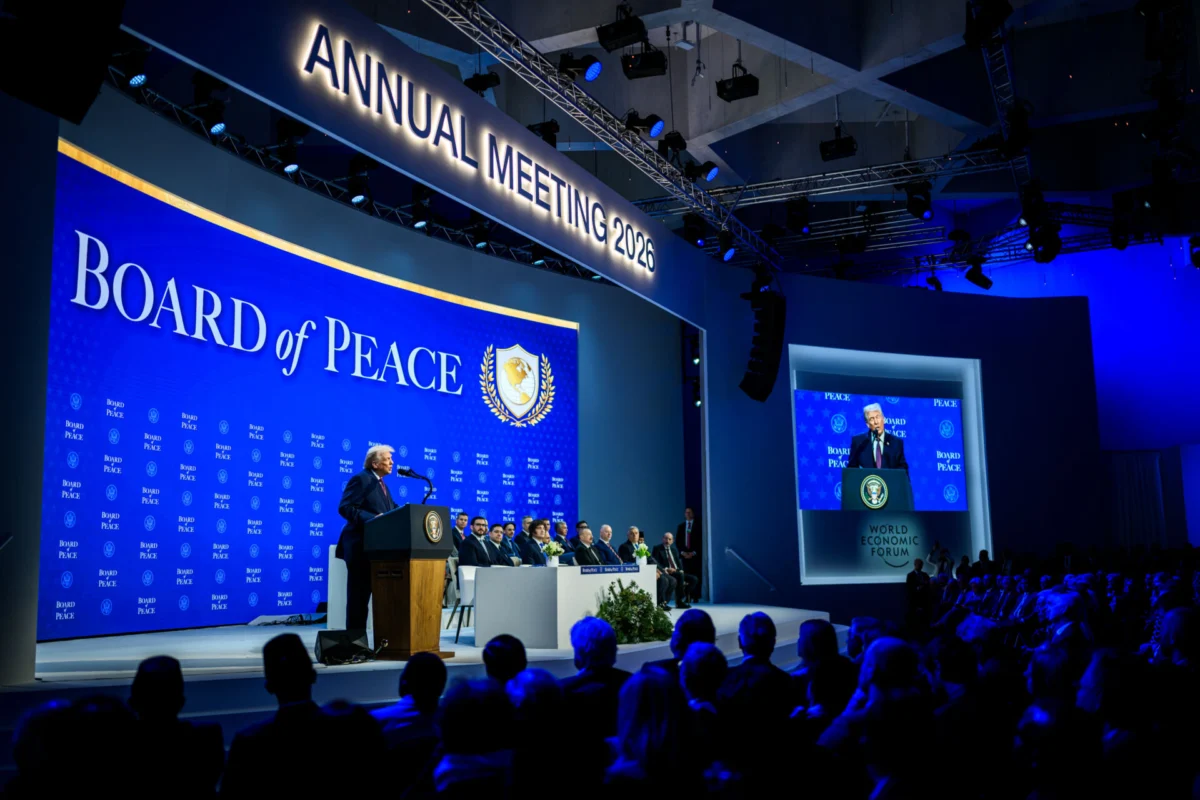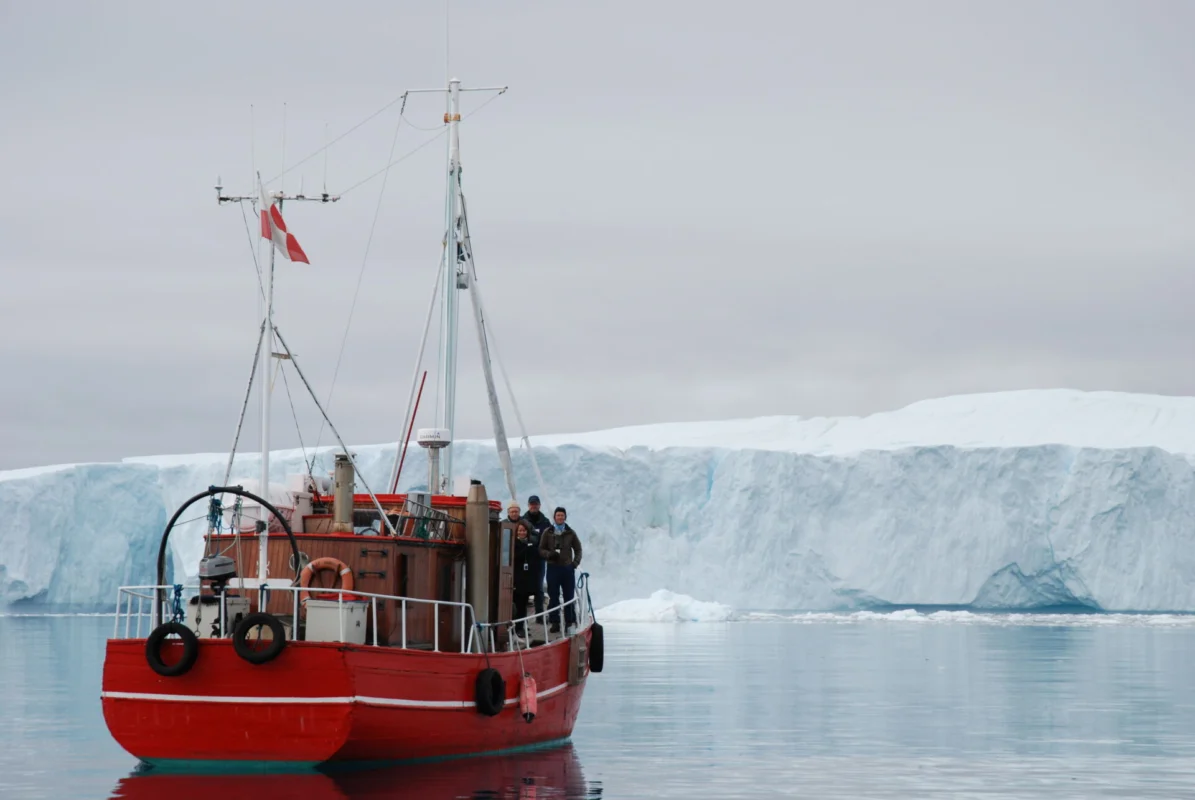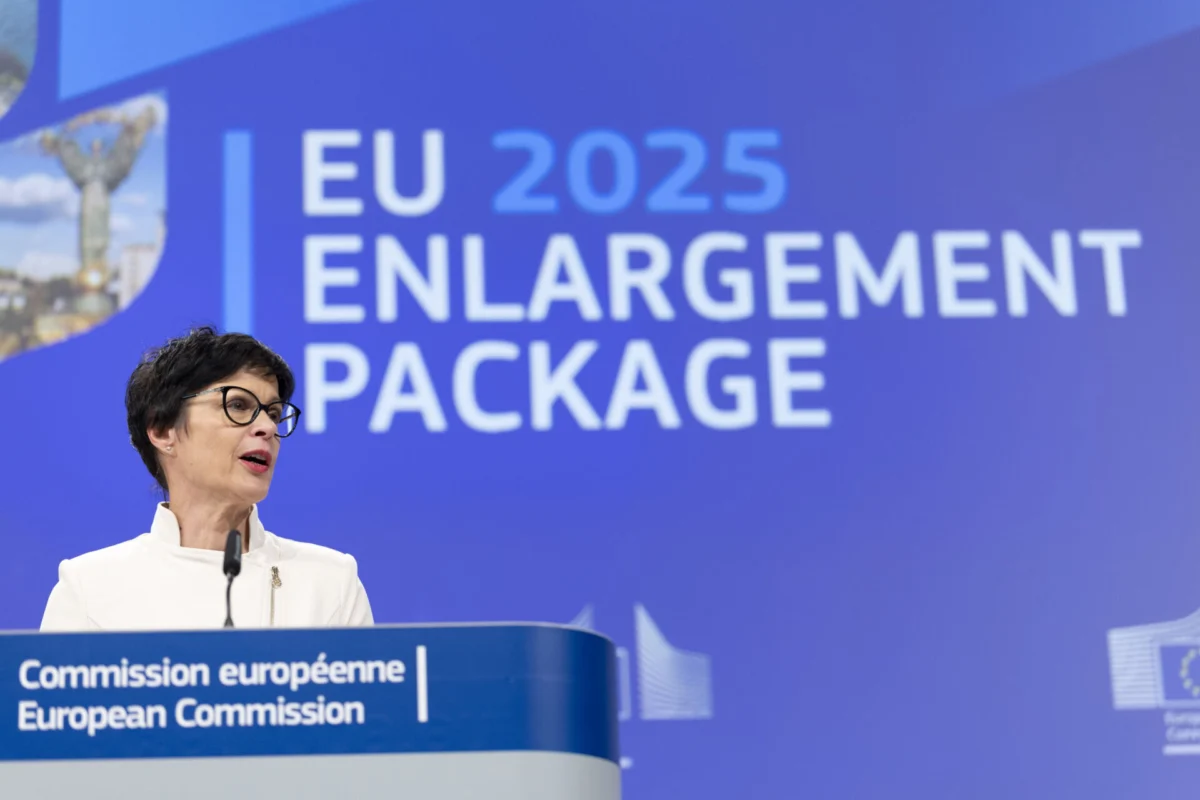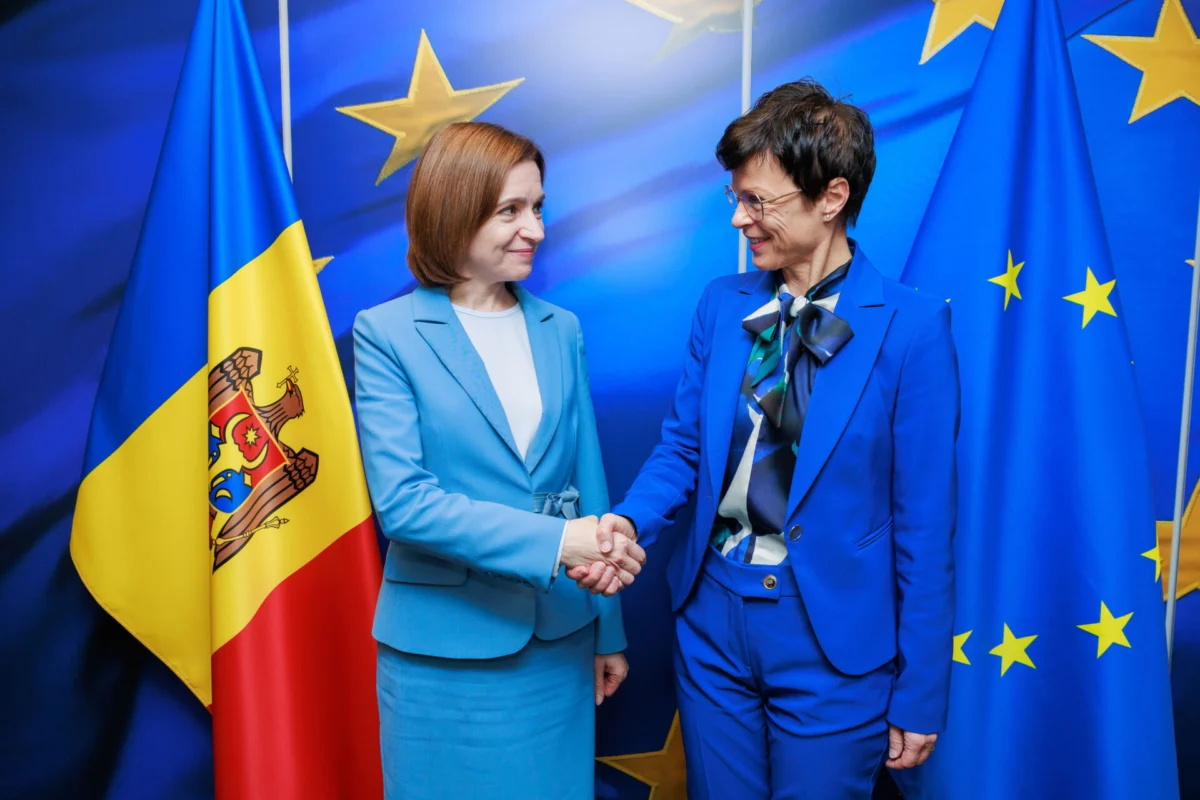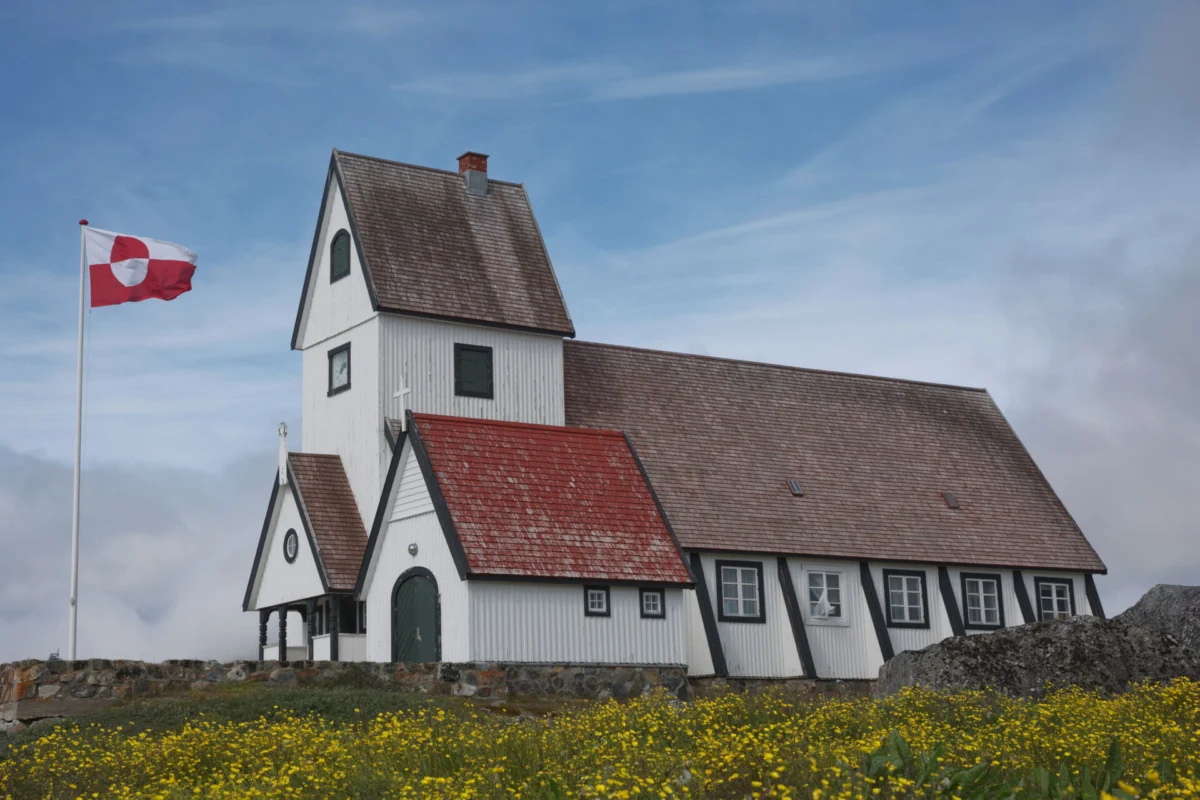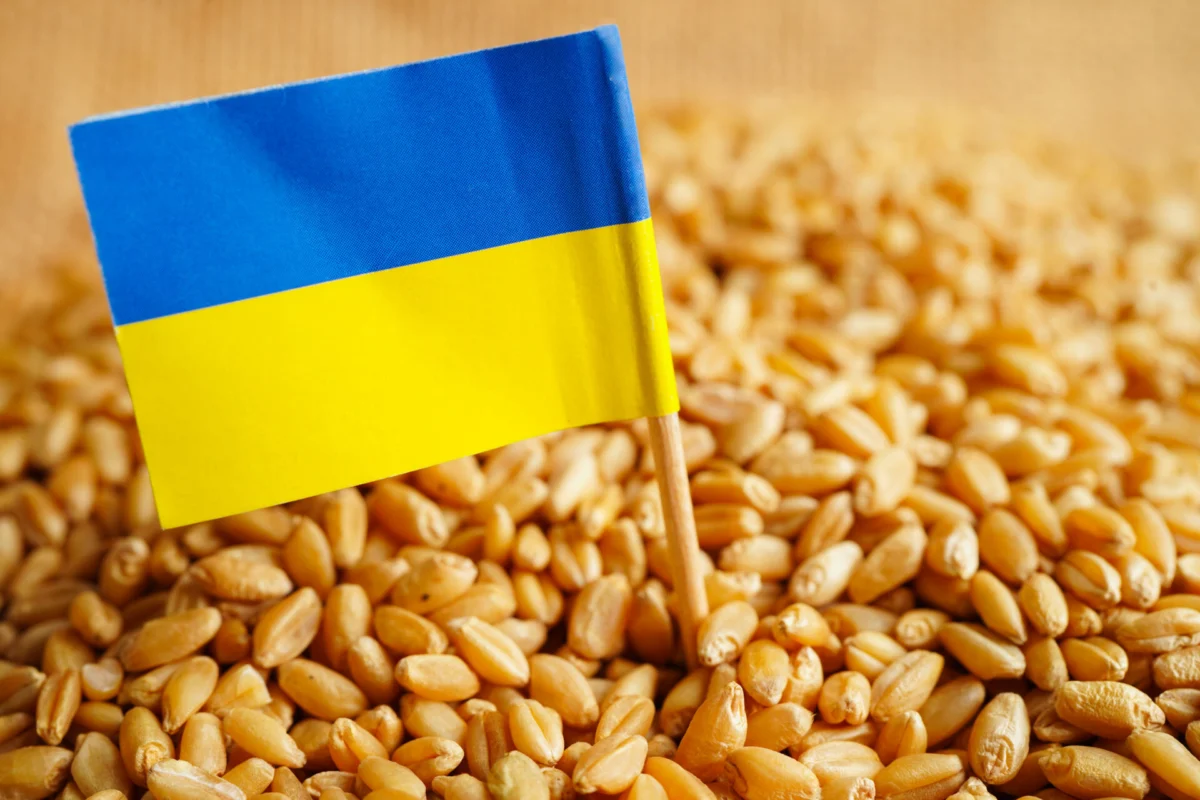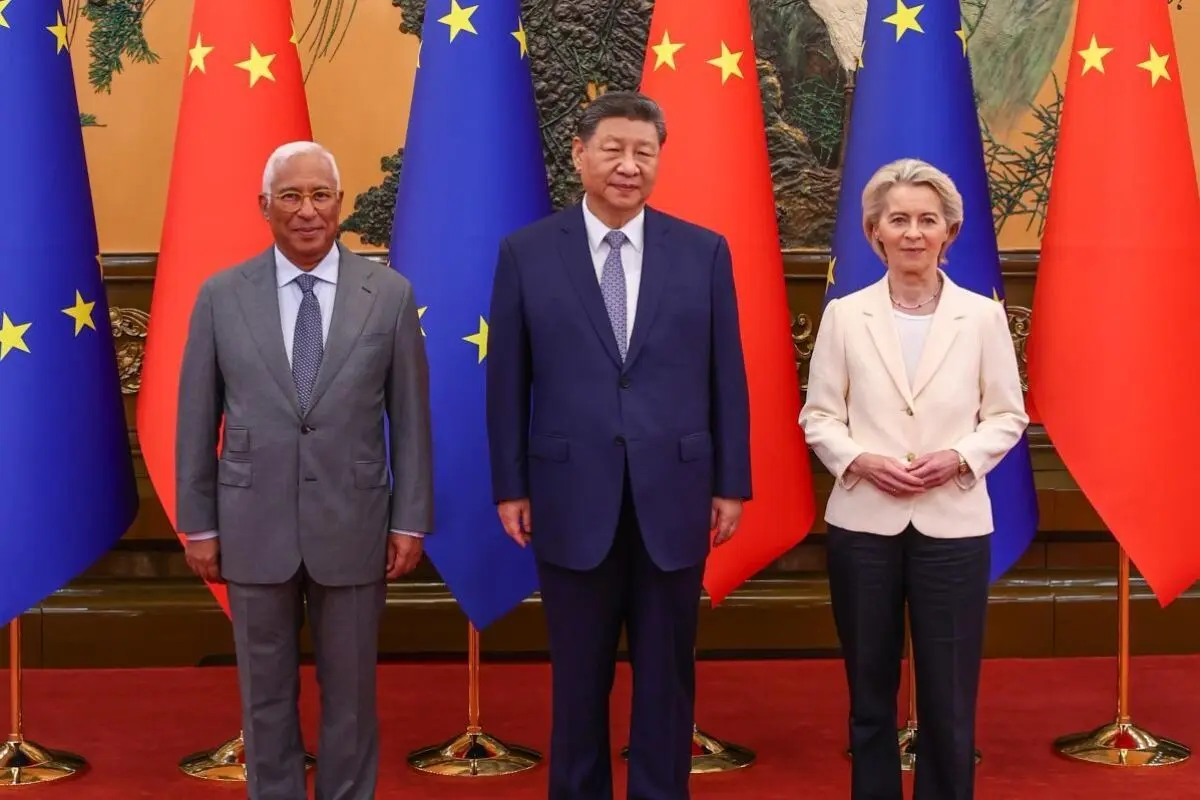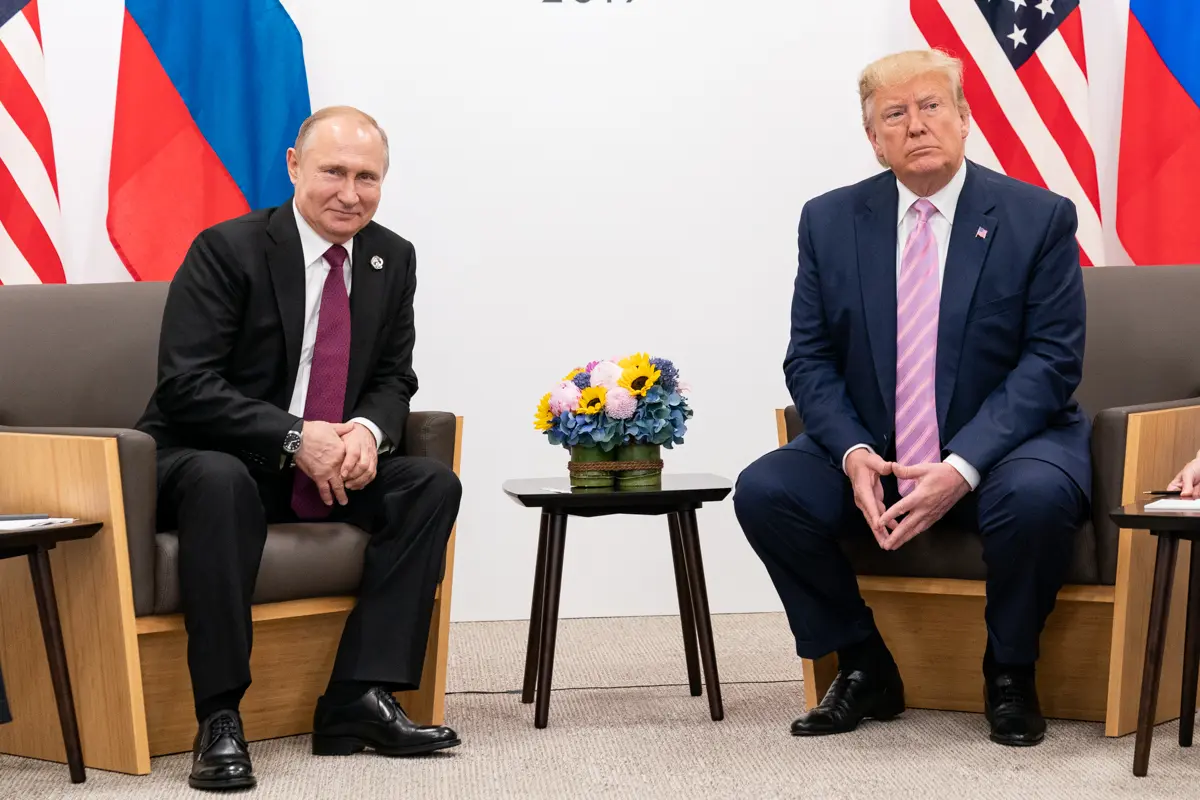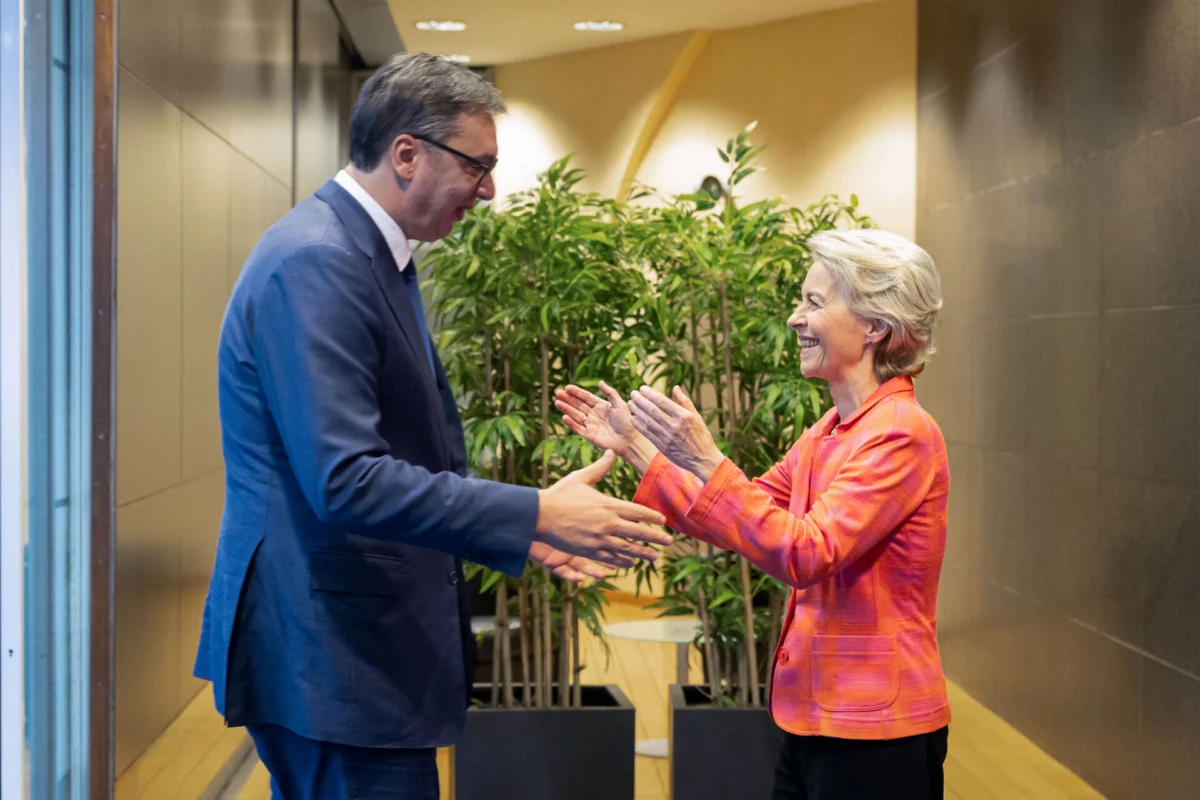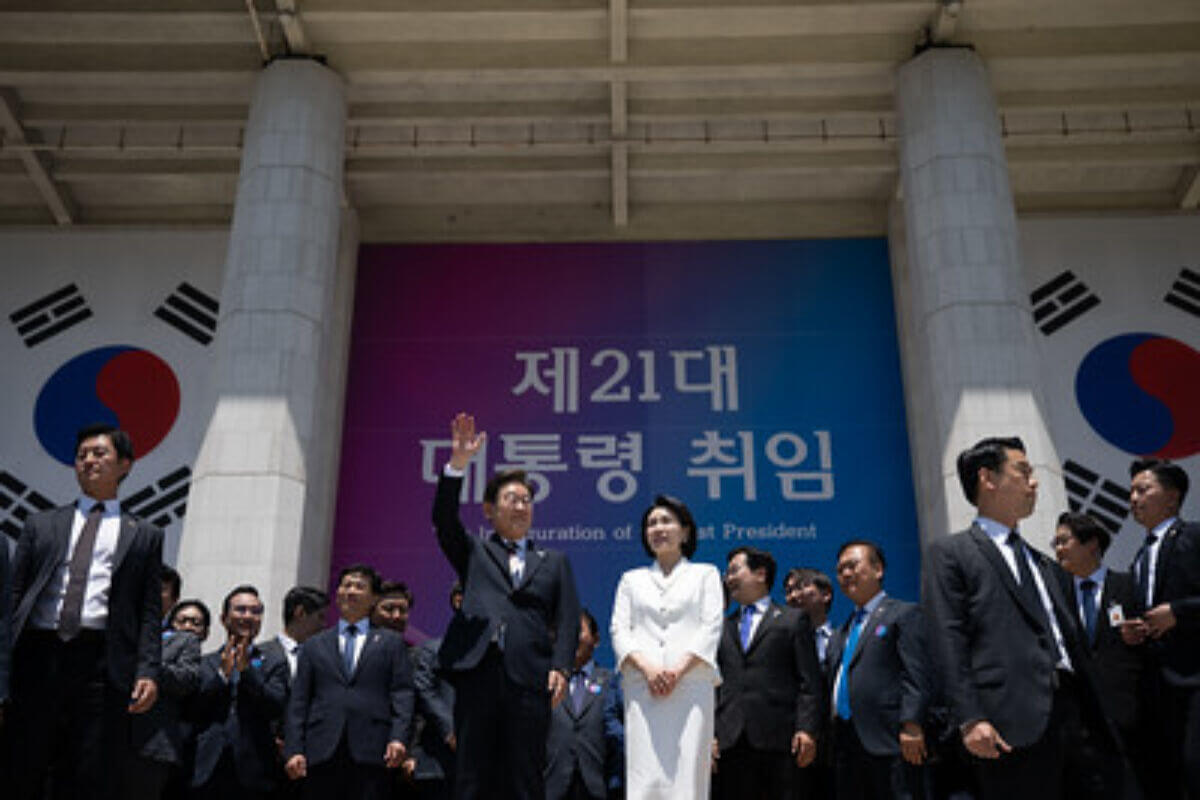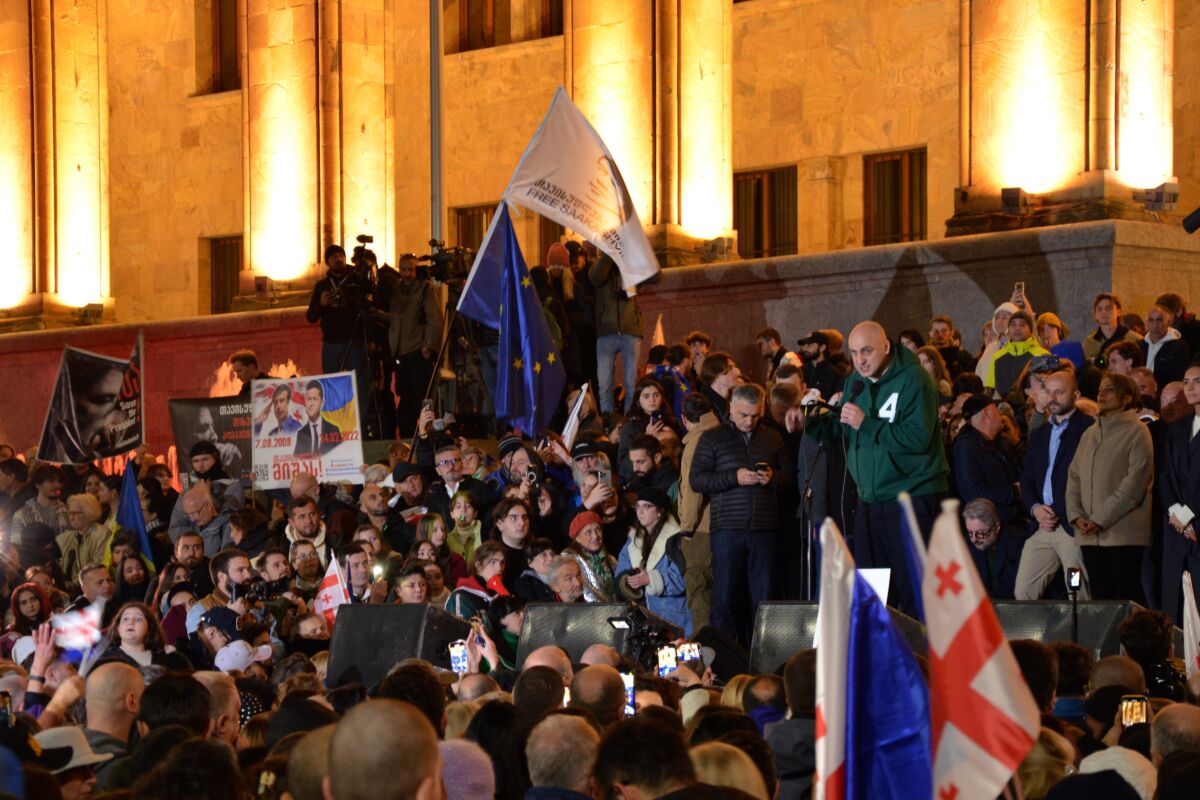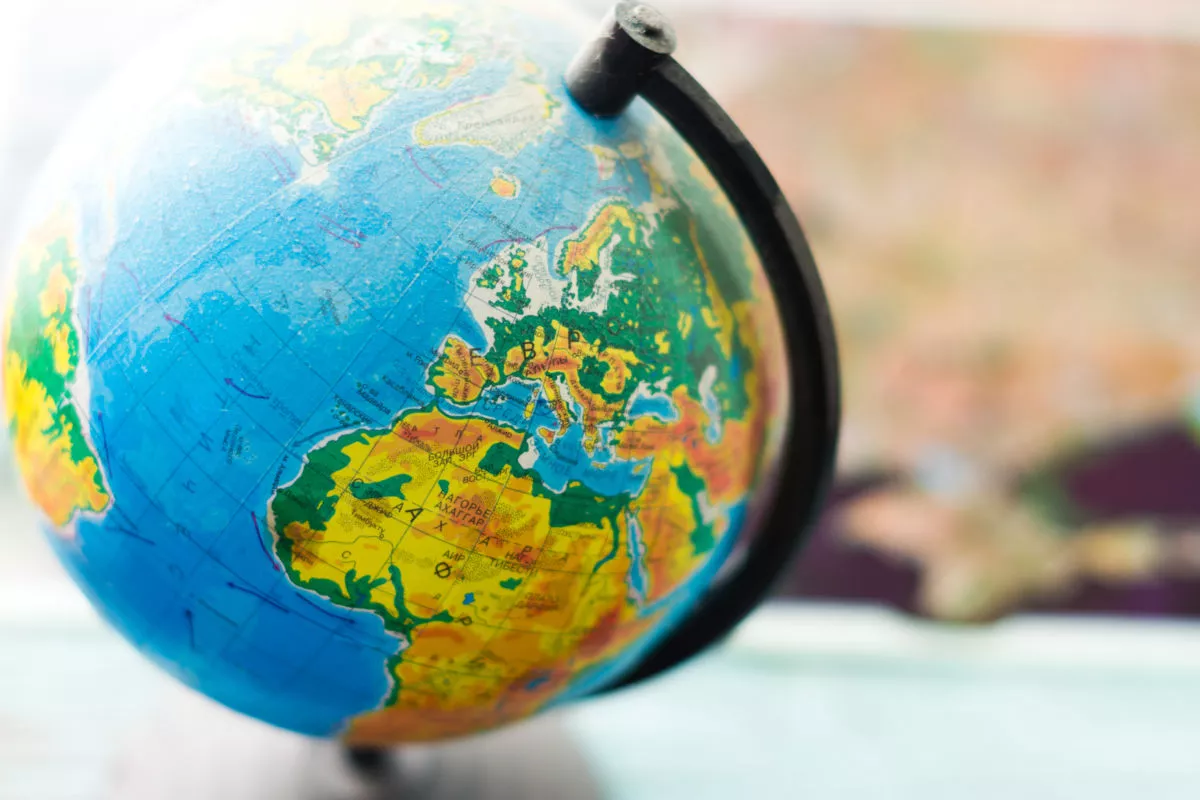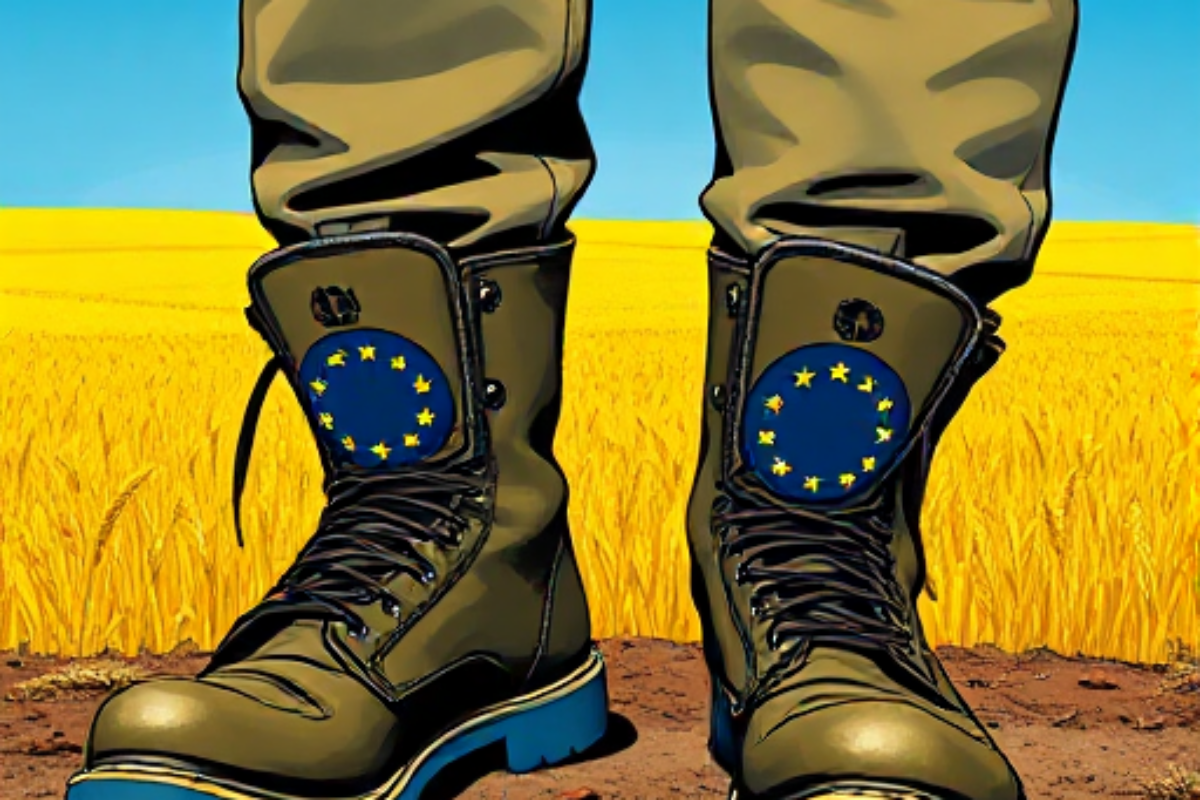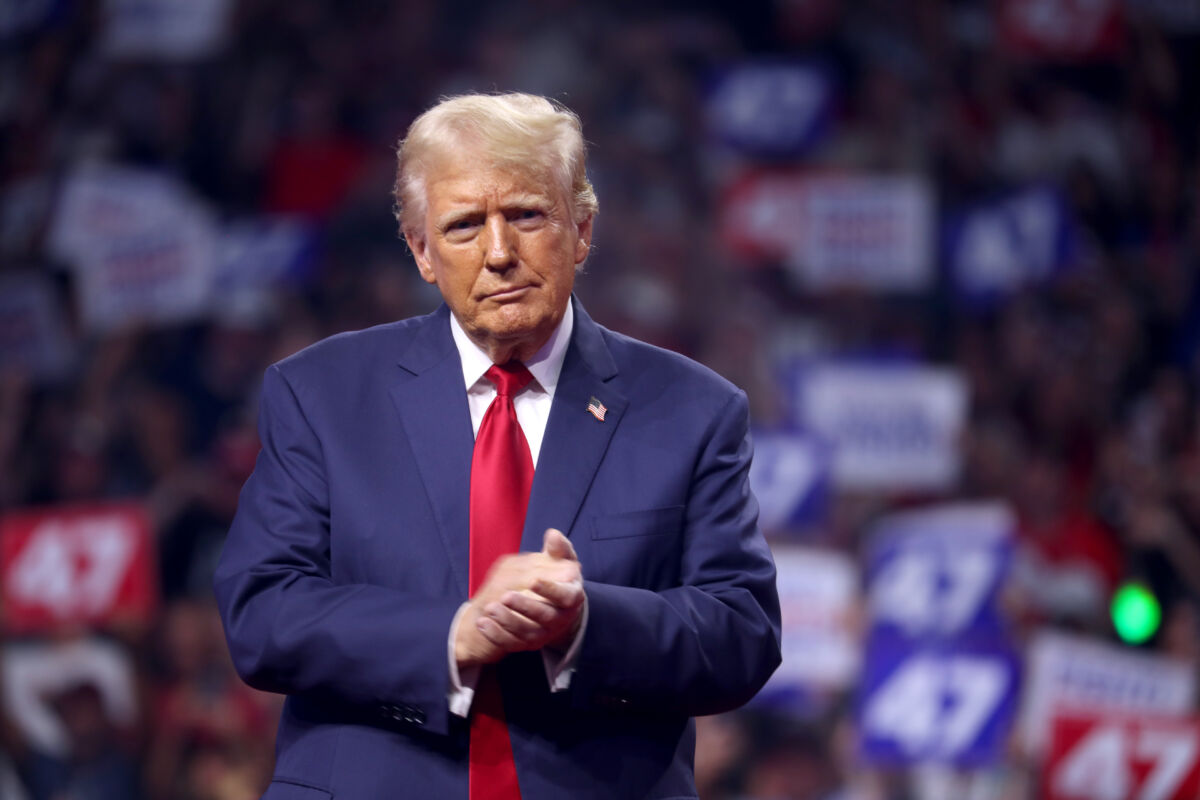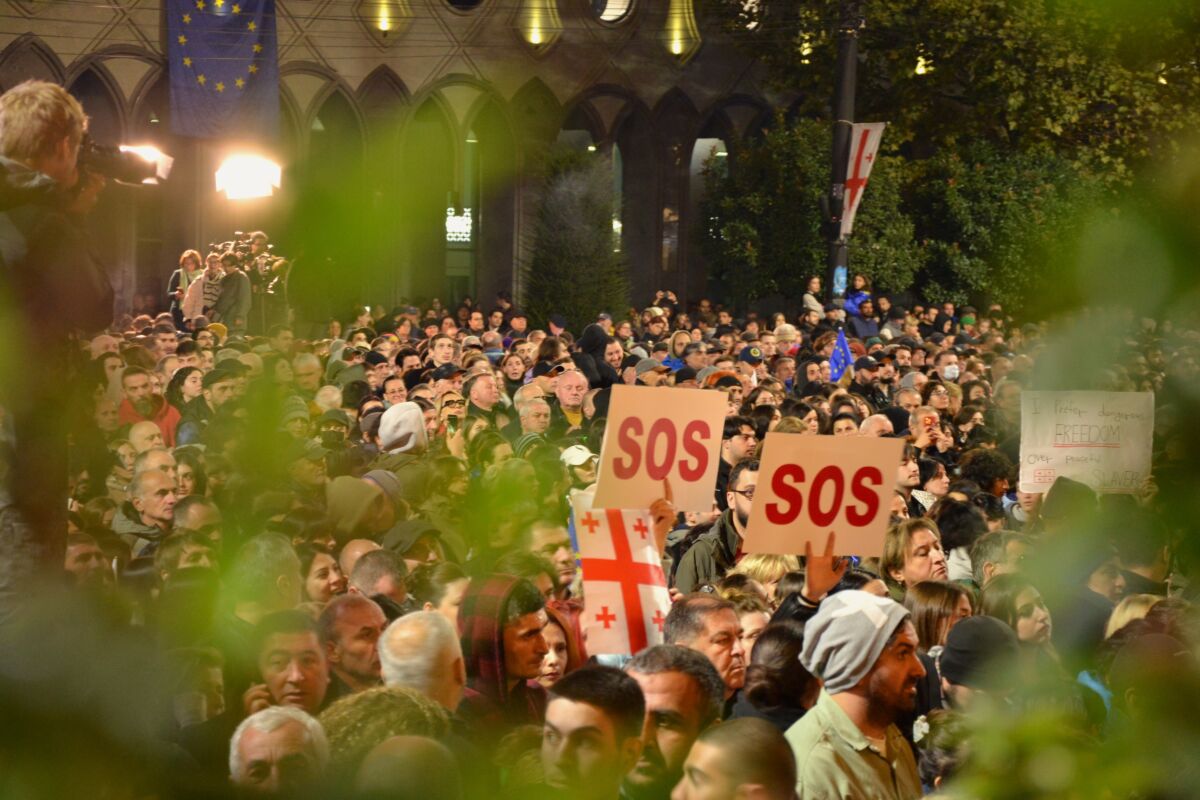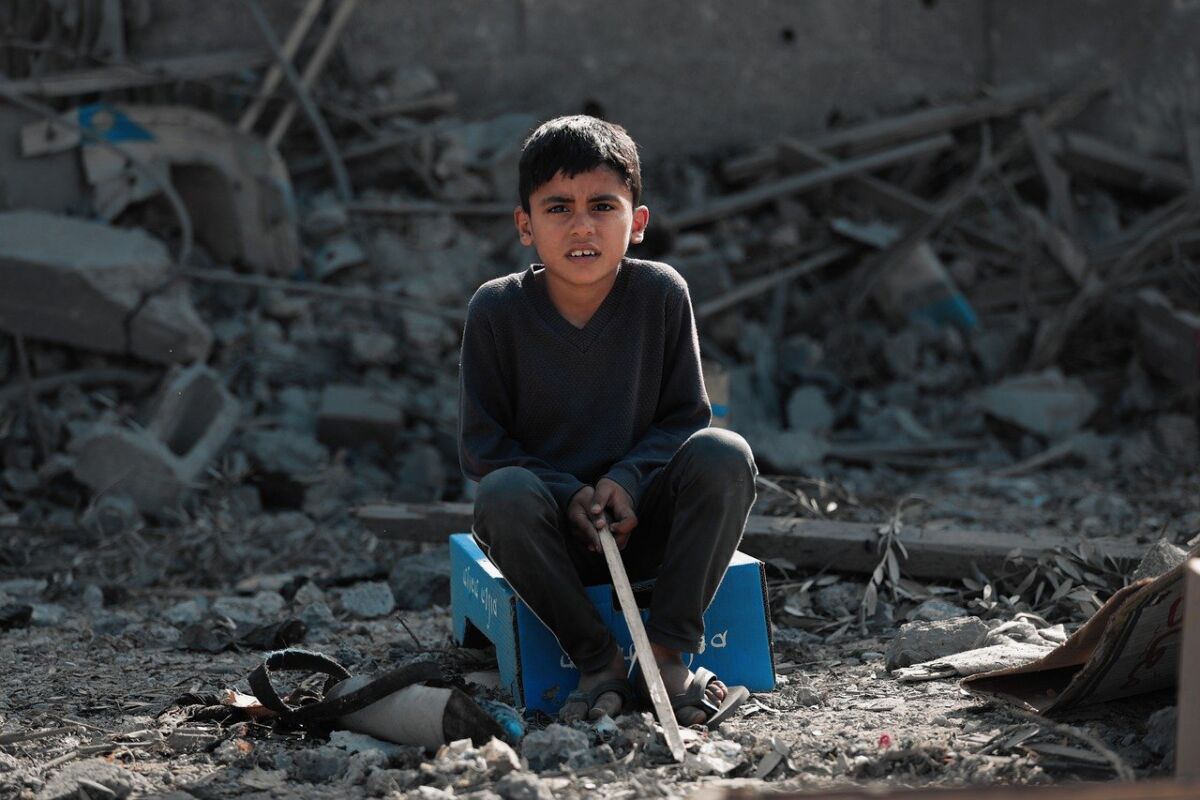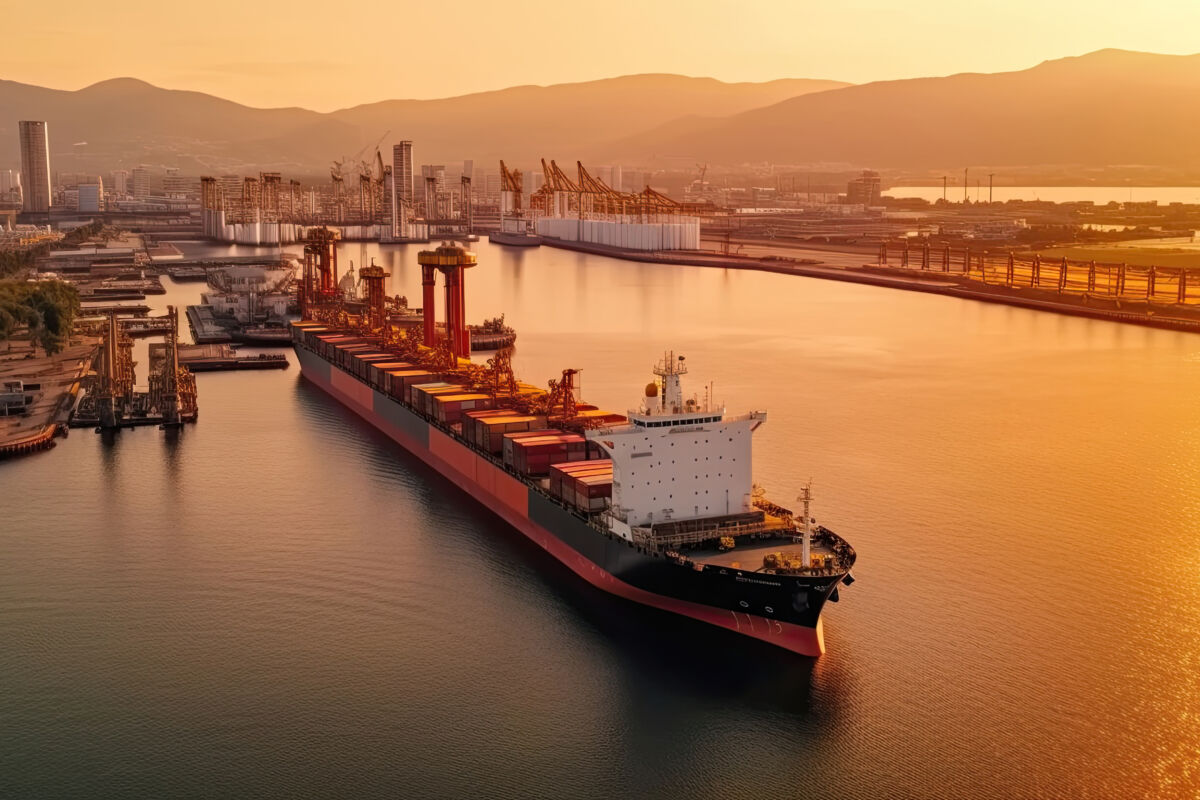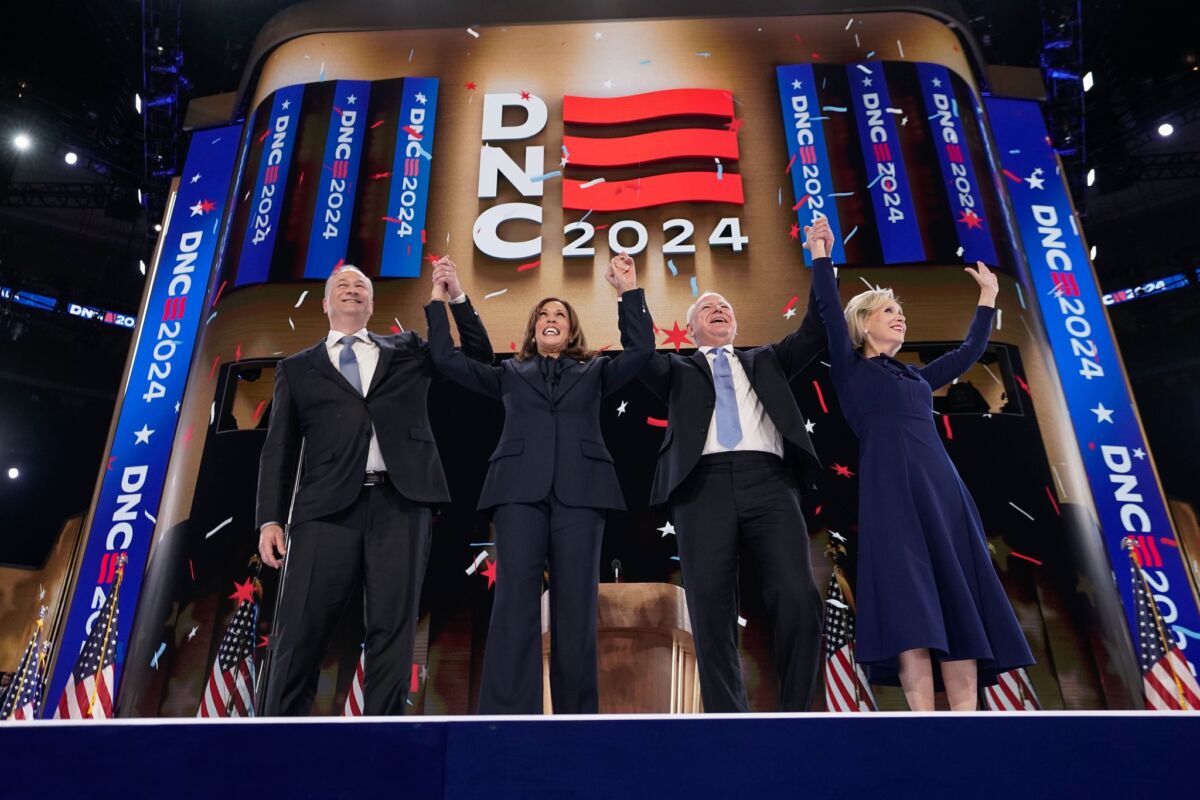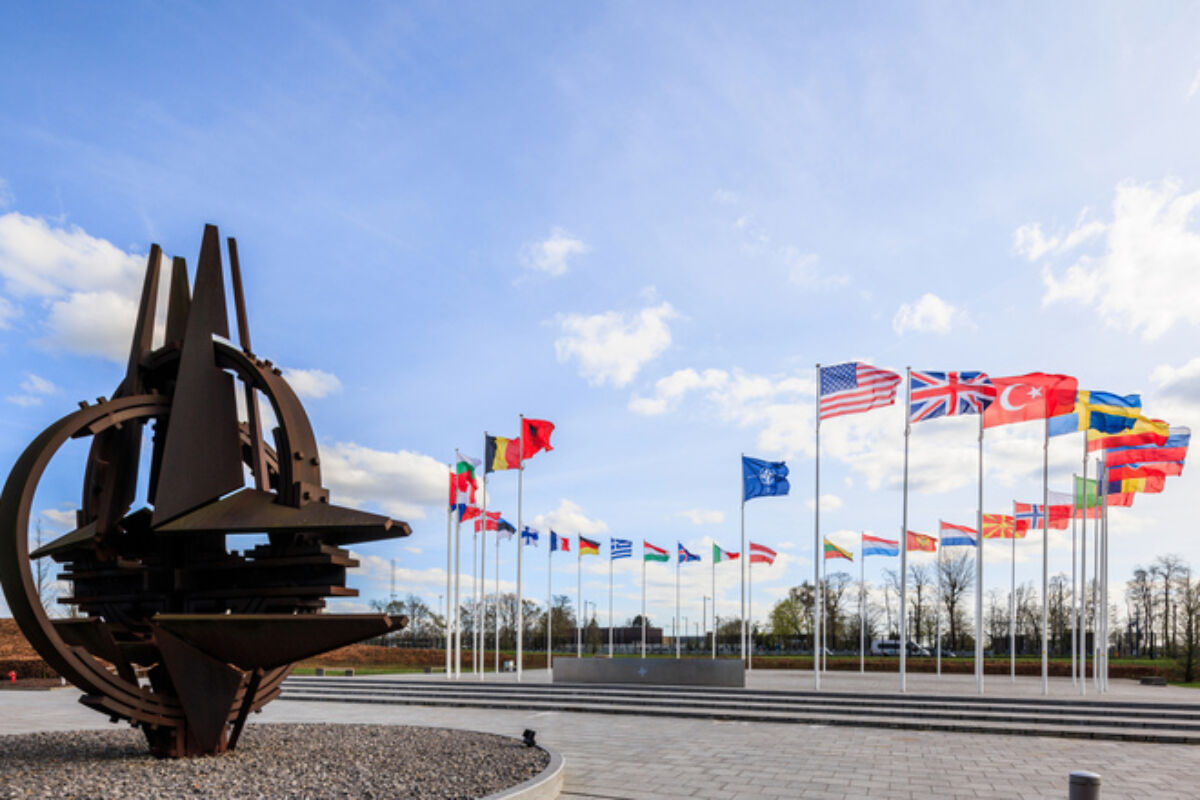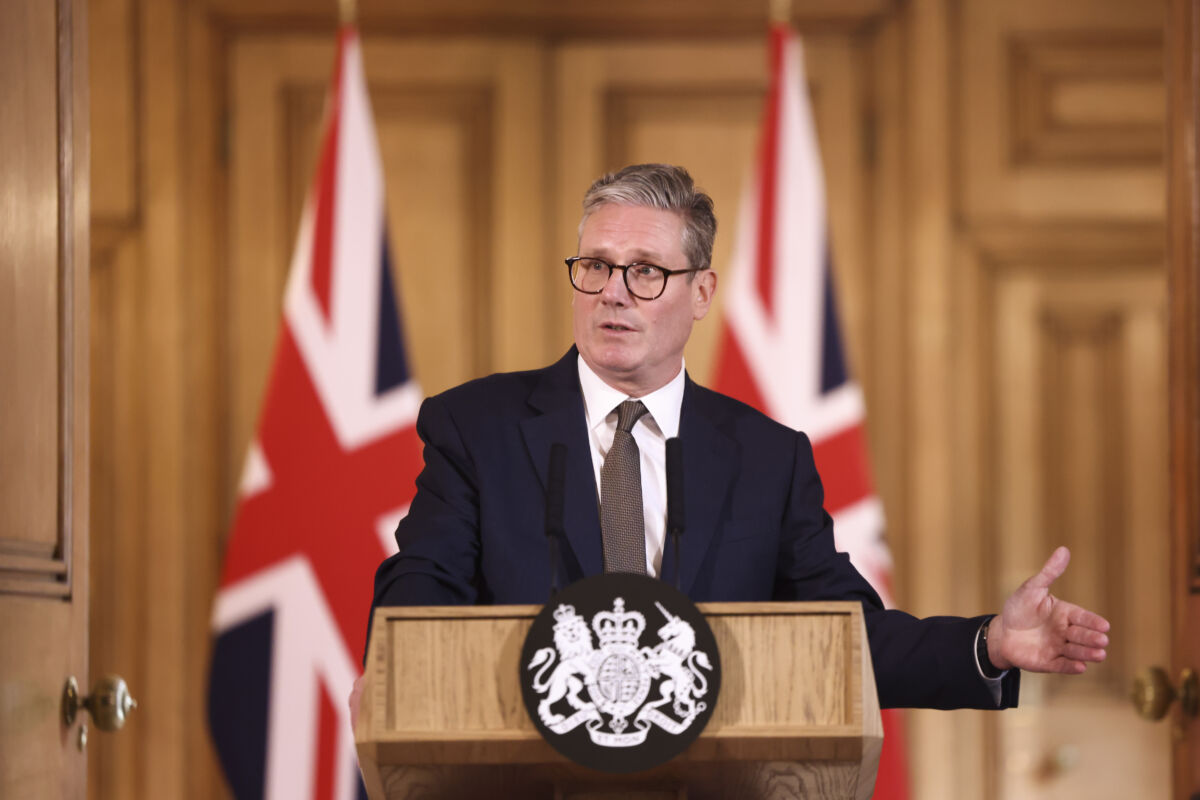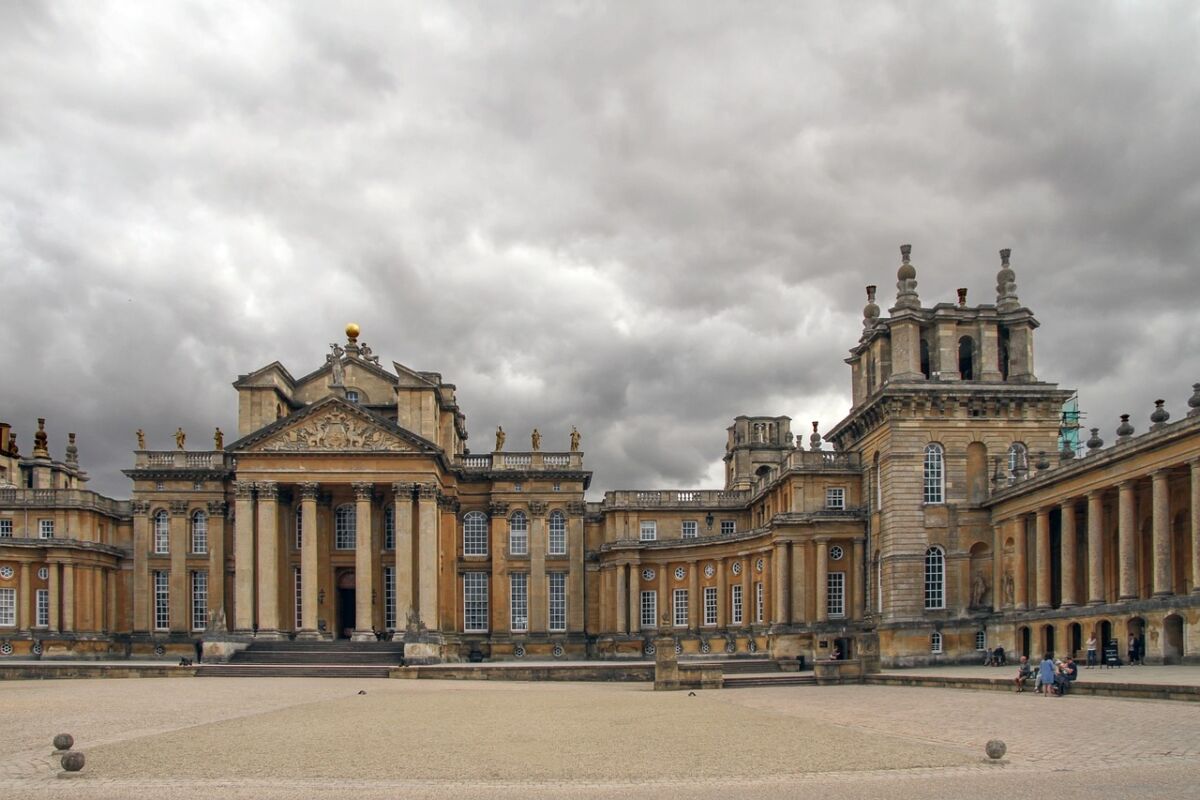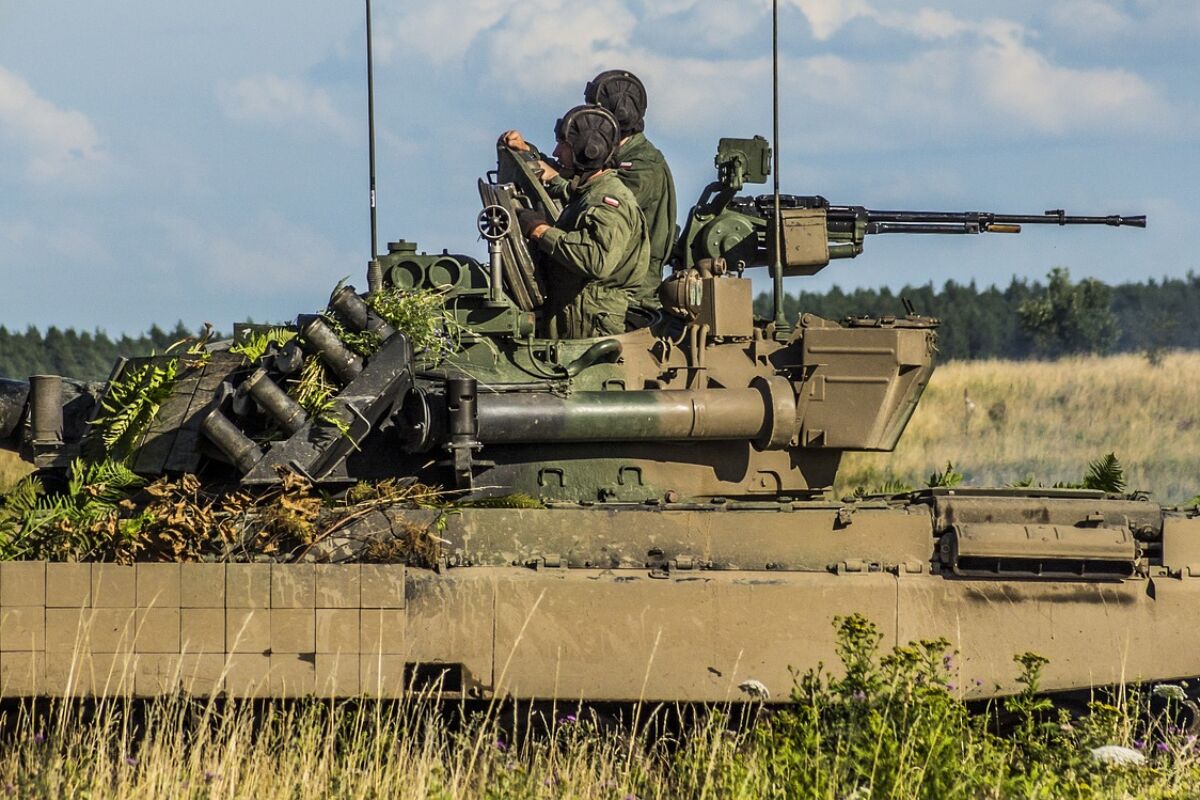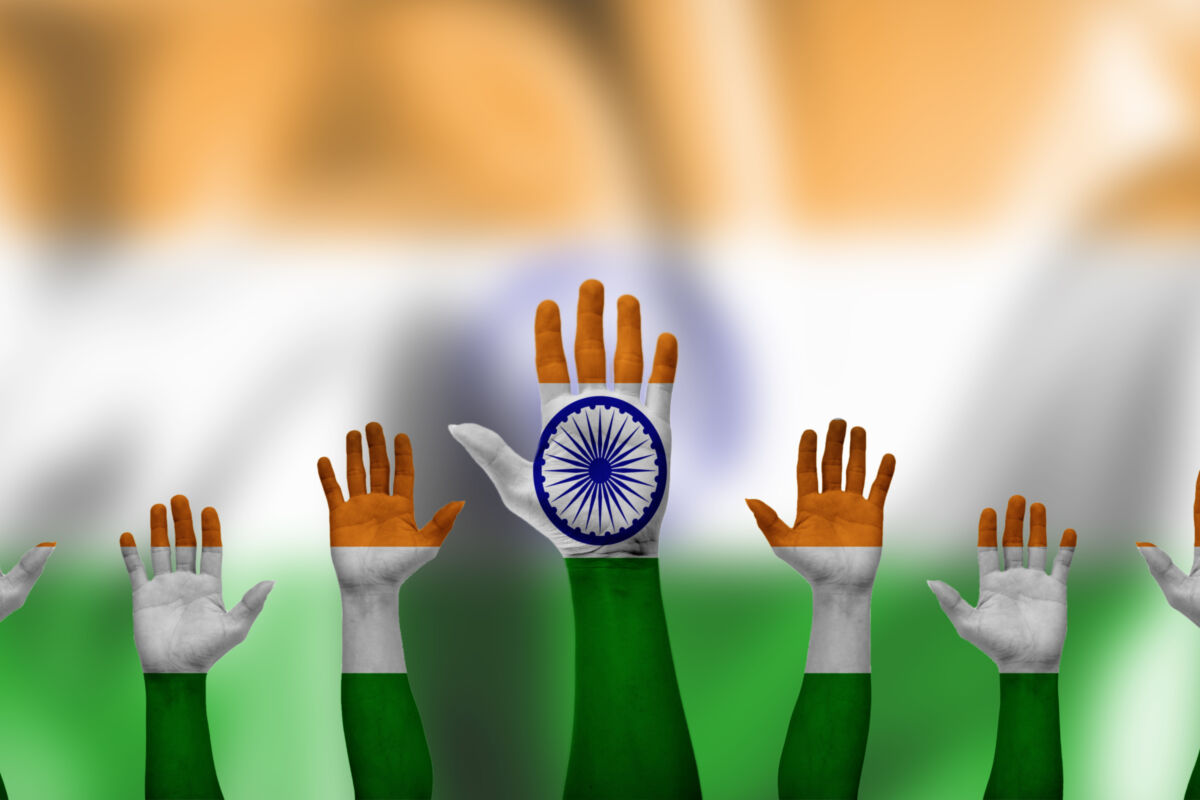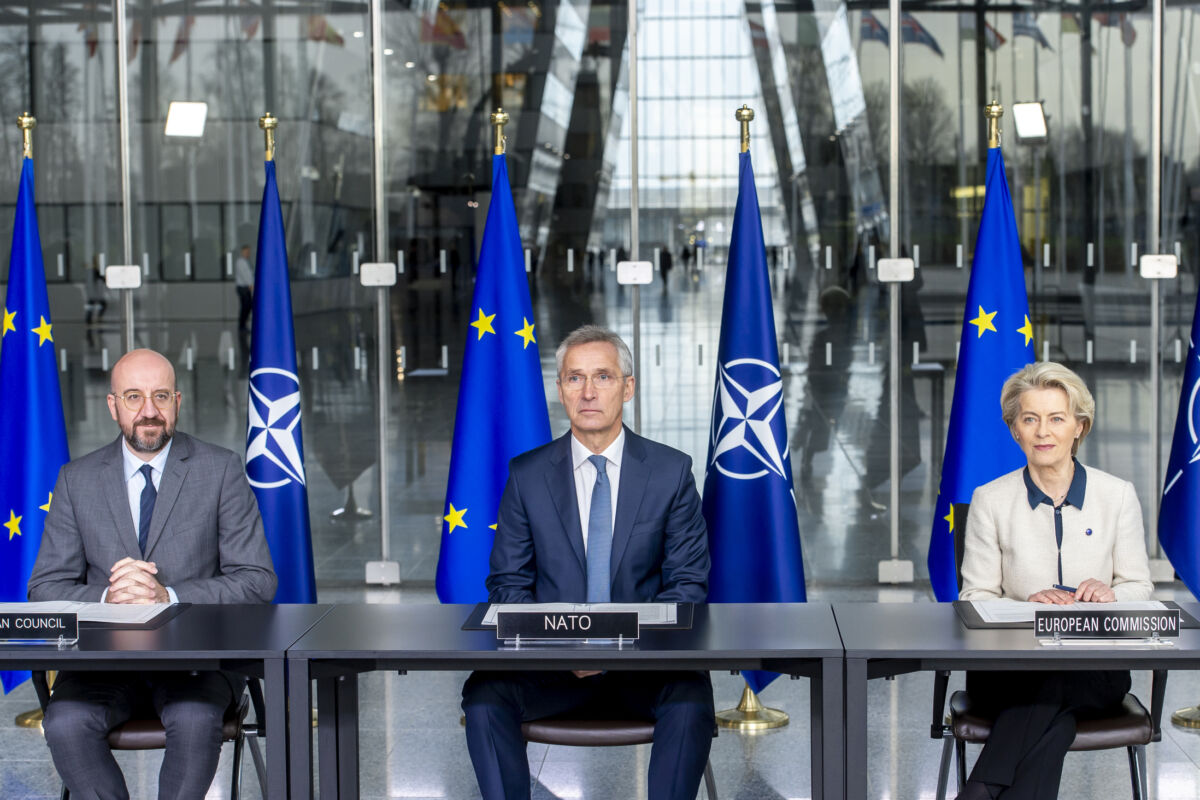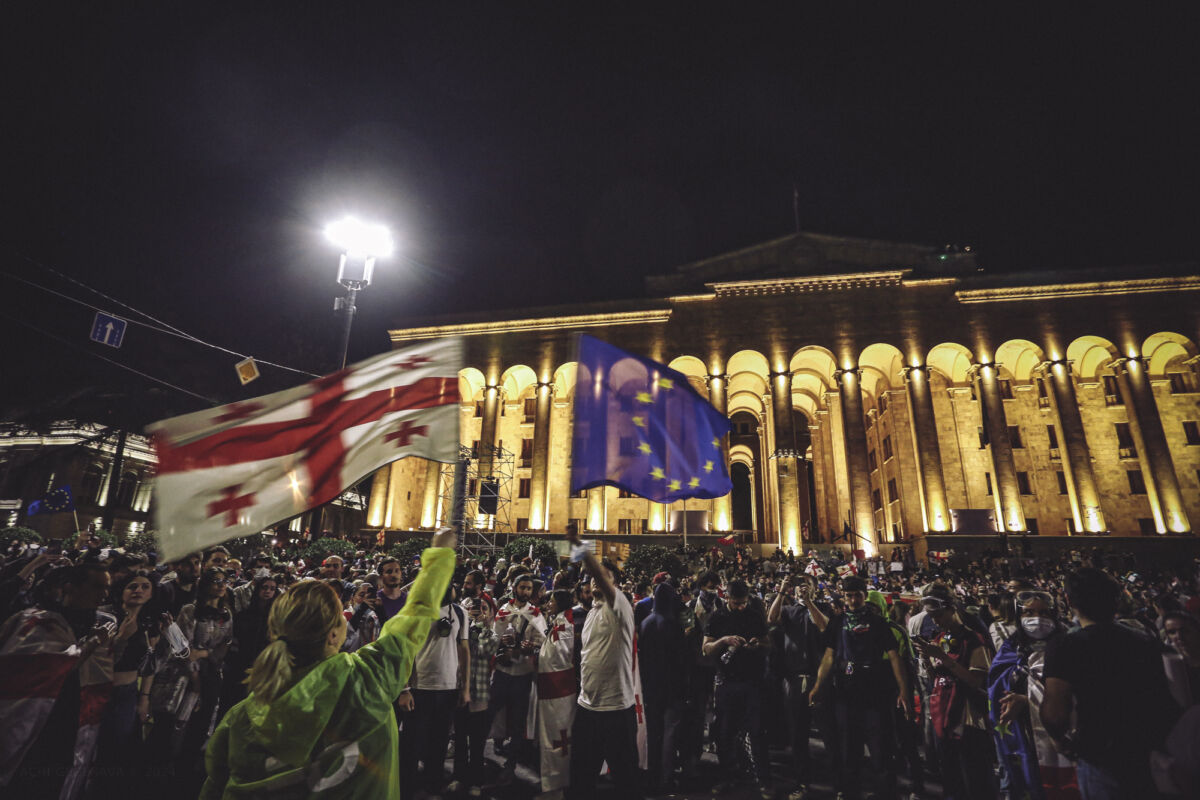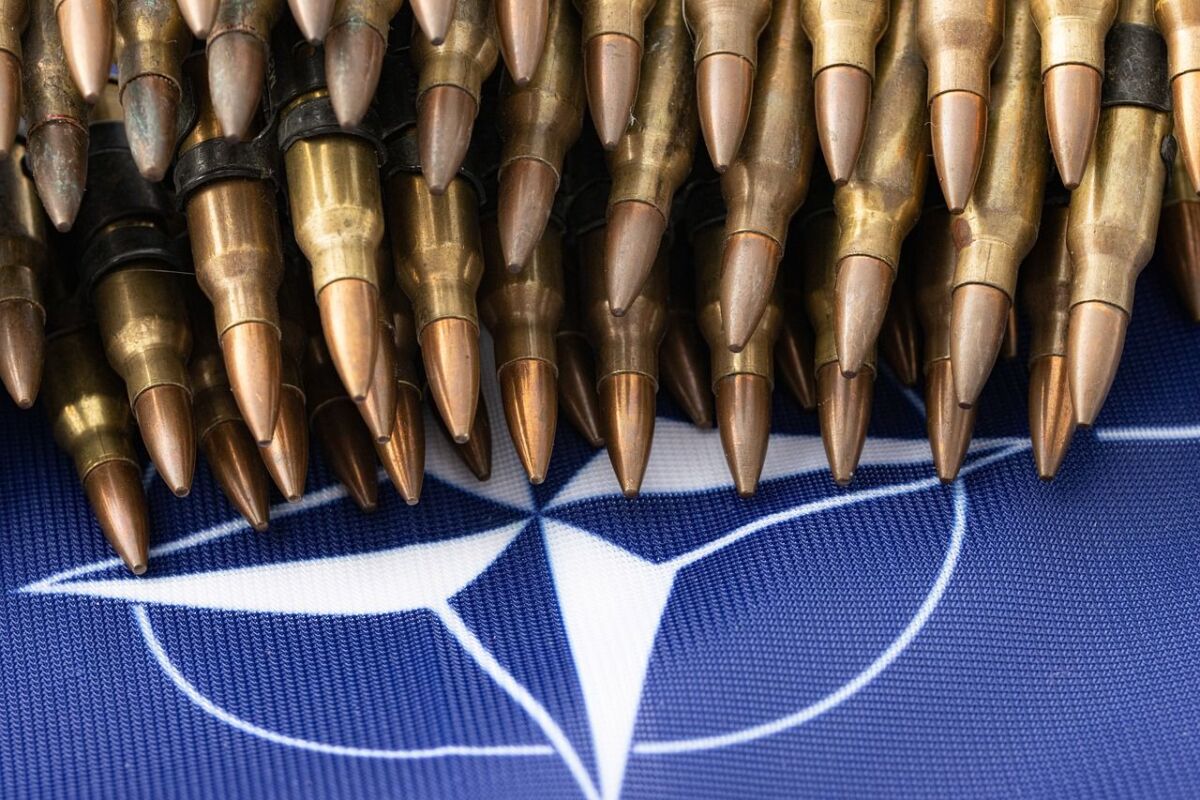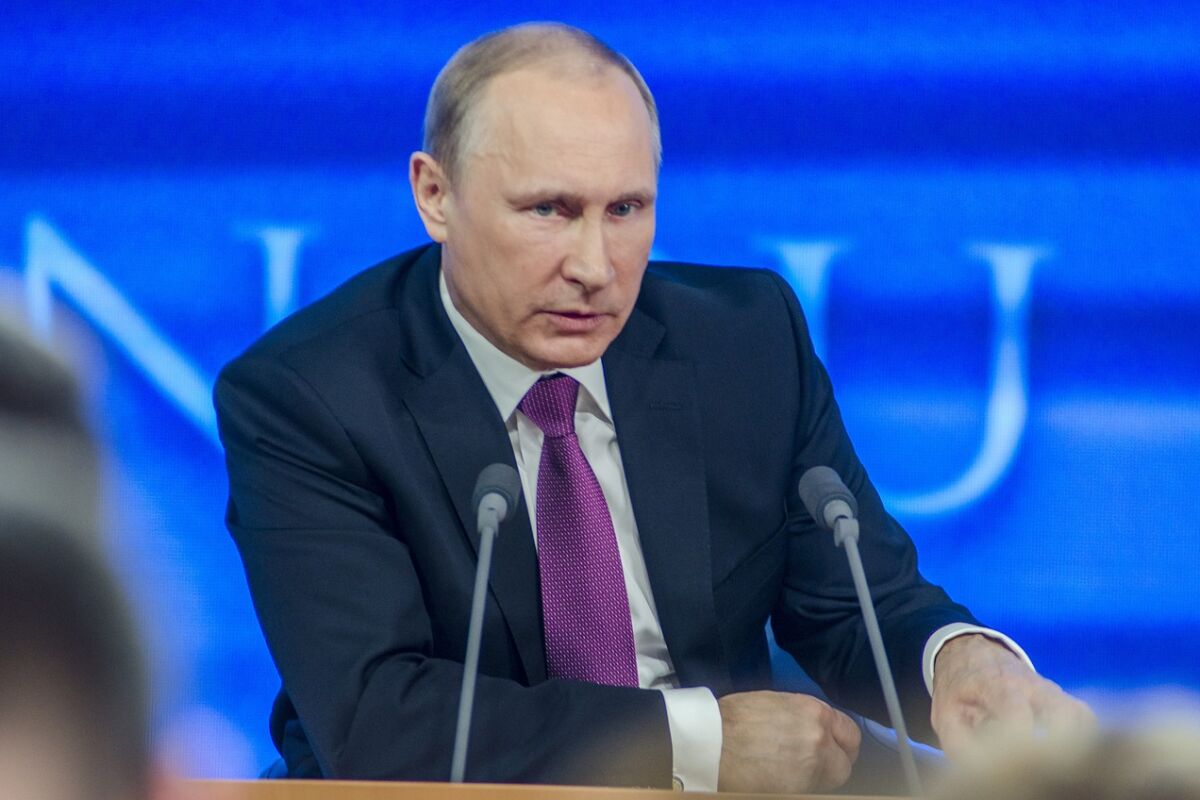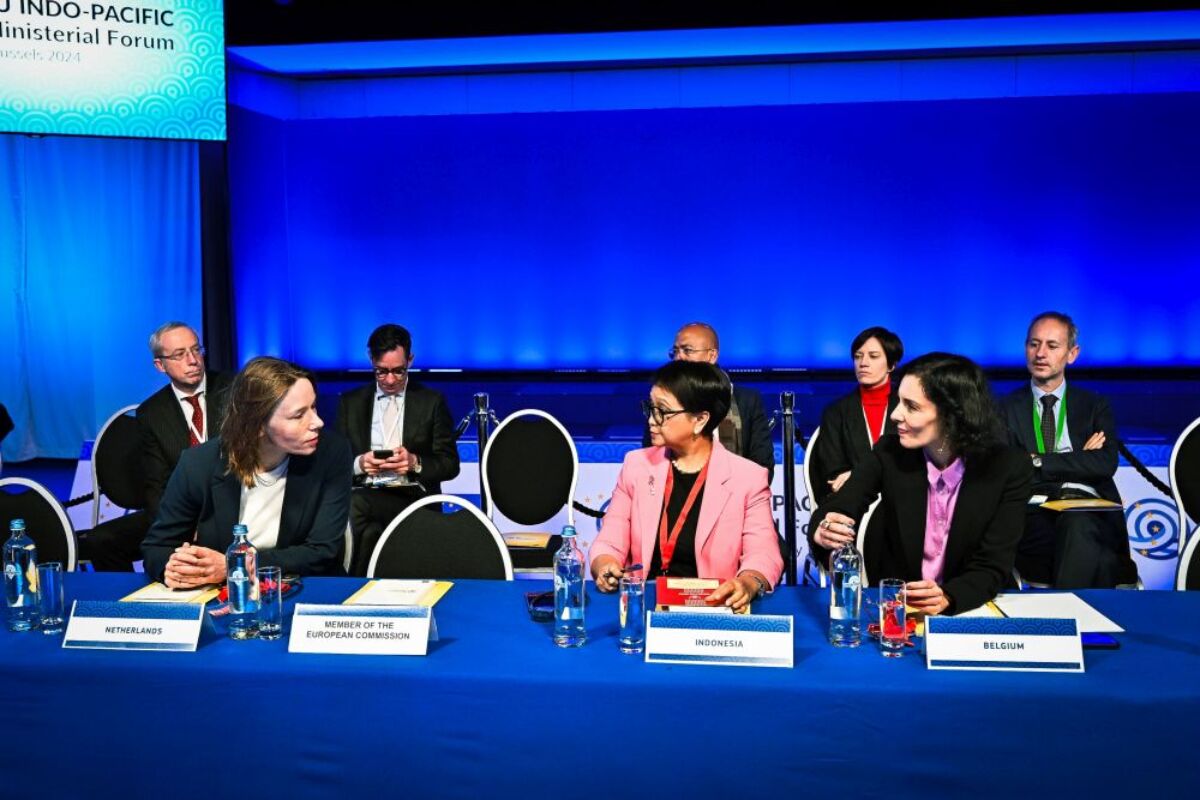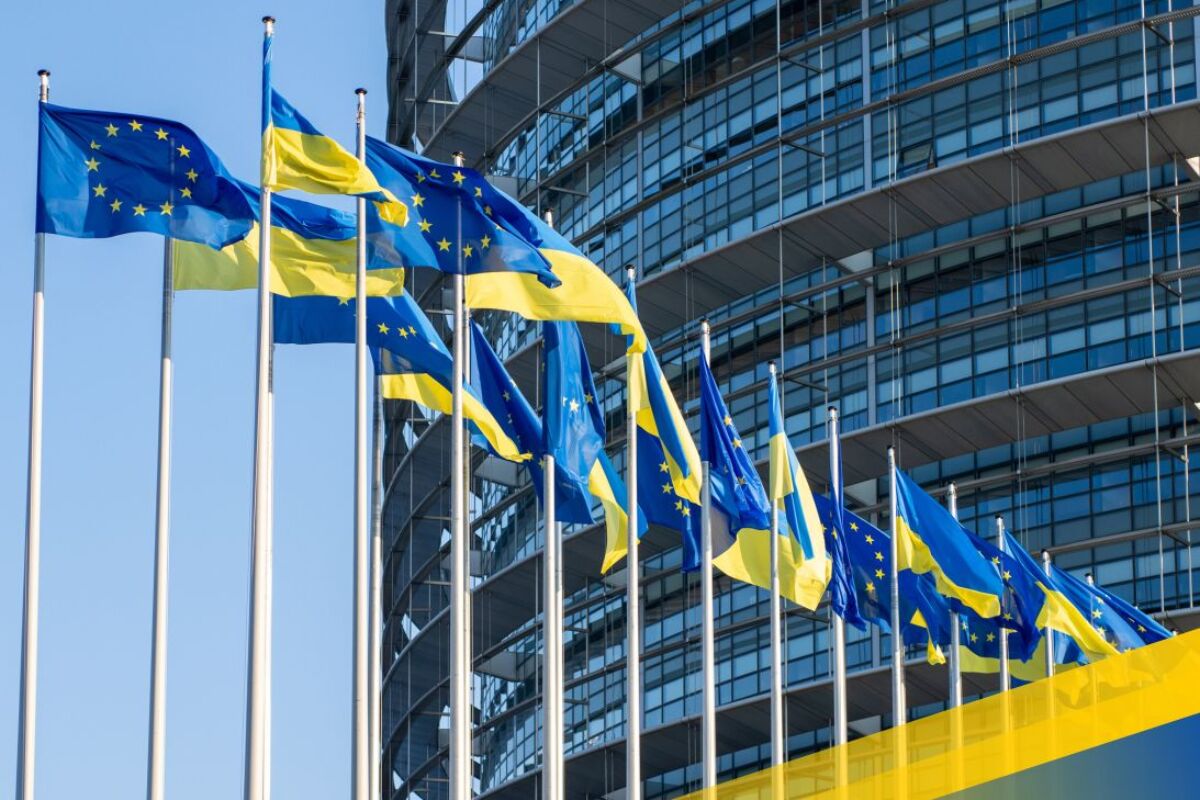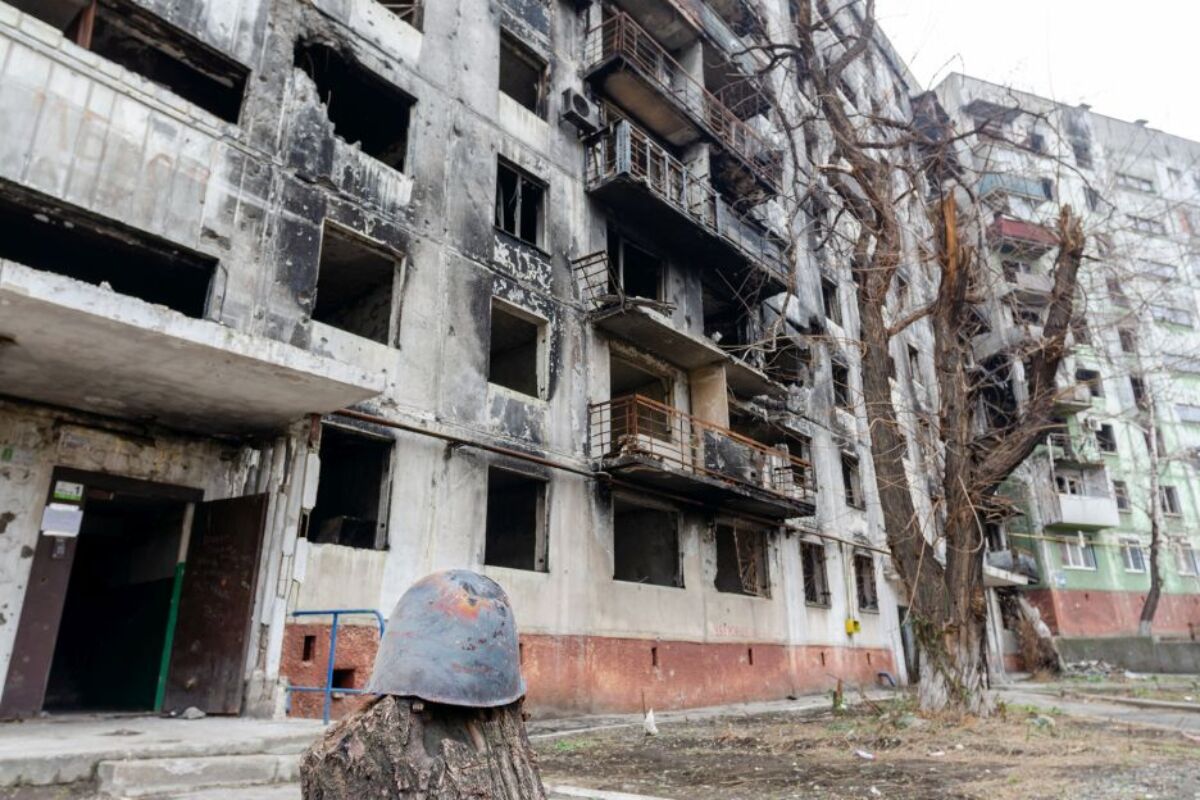Back in late 2011, this writer was based in Tripoli as the EU coordinator there. With the brutal regime of Muammar Gaddafi consigned to the dustbin of history by a combination of rebel movements on the ground and a NATO air campaign backed by the UNSC and the Arab League, there was a palpable outpouring of hope for the future across the country.
Civil society movements and political parties sprang up everywhere and with Libya’s oil wealth, prospects seemed bright. President Sarkozy and Prime Minister Cameron visited and, while they may not have said it in so many words, gave a hubristic message of ‘mission accomplished’ to the Libyan people, who welcomed them with open arms.
The trouble is that, as in the notorious case of George W. Bush’s declaration on Iraq in 2003, it wasn’t. Many of us on the ground had been warning capitals that the vacuum left behind by Gaddafi’s demise needed urgent attention from the international community if the country was to move on and establish a sustainable civilian state. Above all, boots on the ground were needed to guard the vast weapons stocks which were already being raided by the various armed groups who had led the rebellion.
But there was no stomach for that in the international community. The UNSC was already split, with the Russians sceptical about any further involvement, and without that cover, neither NATO nor the EU felt they could act on the harder aspects of security, although the latter began a number of civilian assistance programmes, many of which later went off track due to lack of stability. The US took a back seat, wary of further Middle East entanglements.
Since 2012, Libya has been riven among different militias and two rival administrations, the internationally-recognised Government of National Accord (GNA) in Tripoli and the House of Representatives (HOR) in Tobruk, with the latter close to Khalifa Haftar’s ‘Libyan National Army’ (LNA). The country has lurched from one crisis to another, with serious consequences for the Libyan people, the region and for the EU.
On my return to Tripoli for the first time since 2012, it was striking to hear the oft-repeated message, whether from those in authority at the GNA, local politicians or from civil society, that while they were grateful to the international community for helping them topple the dictator, they had been ‘left alone’ in 2011.
Whoever is to blame for the imbroglio, the country is facing yet another crisis, following the LNA attack on Tripoli, which is now a city under siege.
That said, the LNA advance has been halted by fierce resistance from militias who support the GNA, and there has been little if any movement in the front line on the outskirts of the city since early April. The casualty figures remain on the low side, but this is no consolation to the citizens in Tripoli whose lives have been seriously disrupted by the conflict.
Haftar, who claims to be fighting terrorism, has received financial and other support from the UAE, Saudi Arabia and, more covertly, Egypt. He also has received sympathy from President Trump (even if mainstream US policy remains more neutral) and Russia, and has engaged with France. On the other hand, apart from UN recognition, the GNA has its own backers, notably Turkey, Qatar and Italy.
Each of these countries naturally have their agendas: for Haftar’s Arab supporters, a prime consideration is their fight against the Muslim Brotherhood (MB), which they perceive as a threat to their own regimes. Some, though by no means all, of the militias supporting the GNA have or have had connections with the MB. Given its military efforts against terrorism in neighbouring francophone countries, France is mainly concerned with security in the south, where the LNA controls part of the territory.
Turkey and Qatar take a different view of the MB, are at loggerheads with the Saudis and the UAE, and are keen to retain influence, while Italy’s preoccupation is with illegal migration, where it works closely with the GNA on controlling the flows, notably through cooperation with the Libyan coastguard. With Total of France and ENI of Italy being major players in Libya’s oil and gas industry, the push to secure oil interests is also a significant factor.
And the oil continues to flow, with production back up to over a million barrels a day. The National Oil Corporation, which under the UN sanctions regime controls the export trade, is functioning and illicit sales of oil, once a major problem, have by all accounts fallen in recent times. The receipts go through the Central Bank and finance the government budget, 60% of which is paid out in salaries around the country, including for many of the LNA fighters. Despite the Haftar attack, the GNA has not moved to block these payments, perhaps in the hope that they might eventually contribute to a reconciliation. Despite everything, Libya remains a relatively wealthy country, and the economy has regained a modicum of stability, with the Dinar recovering and inflation more or less under control.
As for the EU, foreign ministers roundly condemned the LNA attack last month, urged a ceasefire and called for a return to UN-led talks on the situation. That was something of an achievement, bearing in mind the deep Franco-Italian rift, which has been made worse by ongoing intra-European disputes between the two countries.
However, it is hard to see how the EU can back up its words with peacemaking deeds. The main hope there resides with the UN, and in particular its envoy, the hardworking veteran Lebanese diplomat Ghassan Salame. He has advanced a number of ideas to both sides, but if there is to be a ceasefire and talks, both must accept that there can be no military victory in Tripoli. And neither, especially Haftar, has yet accepted that they cannot win. Absent a major change in the military balance, all the signs are that it is stalemate.
To make matters worse, there has been a very serious breakdown of trust. Prime Minister Saraj of the GNA has met Haftar on six occasions and earlier this year it seemed as if both had agreed on a new UN-sponsored conference. But despite having assured the UN Secretary-General of his commitment to that conference, days after his meeting with Mr Guterres, the latter launched his attack on the capital, something which evidently shocked Saraj and his government. Unsurprisingly, they now harbour fundamental doubts about the real willingness of Haftar to compromise and seek a political solution based on power-sharing.
The fact that Haftar’s approach is ominously reminiscent of the ‘familocracy’ of his old nemesis, with two of his sons in key command positions of his ‘brigades’ (in reality, a good portion of his forces comprise a coalition of militias, including some who have been associated with Islamists), has also fuelled GNA suspicions as to his ultimate objective. There are also doubts about Haftar’s claim that he is the main force in fighting terror. Indeed, a good deal of the campaign against Da’esh was conducted by forces allied to the GNA and the powerful Misrata militia, who expelled them from their main stronghold in Sirte in 2016.
With so many splits, whether within the country, in Europe, in the Arab world and at the UNSC, which despite five recent discussions is still unable to issue any kind of political statement, the outlook is bound to be pessimistic. Some argue that one consequence of the stalemate is that migration movements might once again intensify, so long as the GNA’s forces remain preoccupied with resisting the LNA.
That has yet to be borne out by the figures, which have risen in recent months but are not out of line with ‘normal’ seasonal variations. At the same time, while new arrivals have decreased significantly, some 800,000 migrants from past movements are stuck in Libya (around 5% in detention camps, with most of the rest living hand-to-mouth on the street) and the threat of another surge has to be taken seriously. Migrant return programmes run by the IOM and the UNHCR had some impact last year, with 21,000 sent back, but only 3,000 have participated so far this year.
There are also worries about a revival of terrorism. While they were driven out of their strongholds by both the GNA and LNA, Remnants of Da’esh are still a danger and there have been five attacks since April. Other groups are also active in the vast southern desert, with many involved in related criminal activities, smuggling people, drugs and gold.
One, albeit dim, light on the horizon is that the GNA has just announced a new initiative for breaking the deadlock, including a UN-supported peace forum, with amnesties for all except those accused of war crimes, followed by presidential and parliamentary elections before the end of 2019. While it is hard to imagine that this will bear fruit until and unless Haftar accepts that he cannot prevail on the battlefield, it is fair to say that the GNA intentions are by and large honourable and worthy of support. Saraj and his government are certainly committed to the building of a legitimate civilian state and to effect compromise to that end. What they cannot and will not accept is a return to ‘strongman’ rule.
Whether the old soldier on the other side and his Arab backers are prepared to accept anything other than that is a moot point. Earlier this year Haftar did show that he was capable of civilian engagement in the common interest, working with the GNA and Salame on securing oil installations and, especially if the military balance does not change for the worse for him, it should not be excluded that he could do so again.
Even if he were to succeed, very few outside his inner circle believe that he would be capable of healing the deep wounds in the country, and instability would likely continue.
As for the EU, it is vital that it at least overcomes its own internal spats and works for a real rapprochement between Paris and Rome. That might help it to be more effective in the UNSC. The non-committal, anodyne reaction of Federica Mogherini’s spokesperson to the new GNA initiative shows that the EU is still some way from finding a common position on the way forward. Until and unless those internal divisions are addressed, its influence on peacemaking will be severely hampered. The EU’s support for humanitarian efforts and migration management continue to play their part, but these are treating the symptoms, not the disease.
The EU also needs to be wary of undermining its own credibility as a supporter of international humanitarian rights law, notably in ensuring that migrants in the Libyan detention camps are treated humanely and that allegations of war crimes are pursued effectively.
And lest we forget, harking back to the original intervention in 2011, Europe, along with the Arab world, bears a heavy moral and political responsibility for the situation in Libya today. Seven lean years have passed. The Libyan people should not be left to endure seven more.



